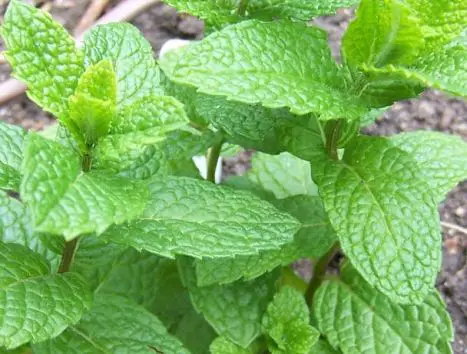
Since class 1, we all were told that plants are natural sources of oxygen. They produce oxygen for other living beings to survive and still they need oxygen from air for themselves.
Yes, it is true. Plants need oxygen even though they produce oxygen themselves. It is so because plants need oxygen for respiration. Respiration is the process through which food is converted into energy. In fact, plants need oxygen for the same reason as we do for respiration.
This phenomenon can be understood by a simple example. When you cook food with natural gas or run your car on gasoline, you actually burn something (natural gas or gasoline in these examples). It means that you burn the fuel in the presence of oxygen to release energy, as we all know that oxygen is the gas which helps in burning things.
Similarly, all living things combine food with oxygen and obtain energy. Plants are no exception. They make food and combine it with oxygen in order to release energy for themselves. On the contrary, during day time, plants release lots of oxygen in the air because while making food during photosynthesis, they change carbon dioxide and water into food and oxygen. But, at the night time, just like other living beings, plants absorb oxygen to breath.
In fact, if there is no oxygen there would be no respiration and no respiration means no functionality in plants. In absence of oxygen, the roots cannot grow and take up water, and thus not able to supply the vital nutrients to plants which they need to grow and survive. That is the reason why we need to create drainage when plants are water logged because excessive water is not the problem, the problem is less than required oxygen levels.